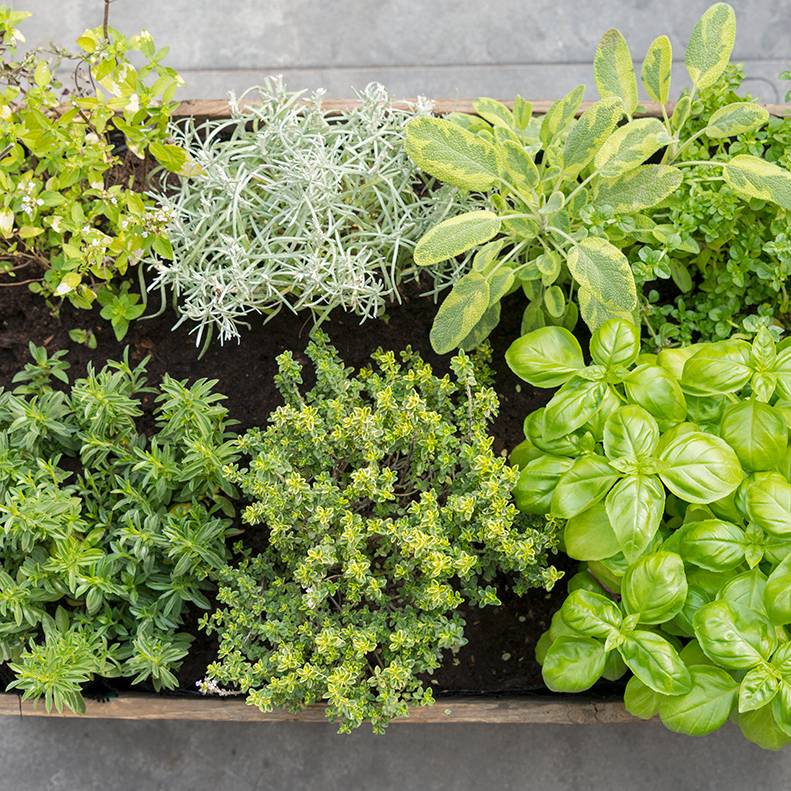It is one of the most widespread herbs of Crete with an excellent aroma, known since antiquity for its tonic properties.
The ancient Greeks used it as a medicine for snake and insect bites, to help increase female fertility, ward off evil spirits, etc. It had been praised by Dioscorides (father of pharmacognosy) and Hippocrates (father of medicine), Galen and Aetius. The Arabs believed that it could cure everything. The Latins considered it the sacred plant of immortality and used it in ceremonies. The French call it "Greek tea" and use it - like other Europeans - both in cooking and for its healing properties. The Chinese call it "Greek cauldron" and consider it to be better than tea.
The plant has a strong aroma and is cultivated for its medicinal properties, as a decoction and spice. Its leaves, which have antiseptic, expectorant and antispasmodic properties, are the most widely used part of the plant, collected in May or June and dried in the shade.
Sage is a herb endowed with many healing substances and properties, especially useful in medicine. It has antibacterial, antiseptic, cardiotonic, antispasmodic, antidiabetic and stomach properties, while it is also used against neuralgia.




